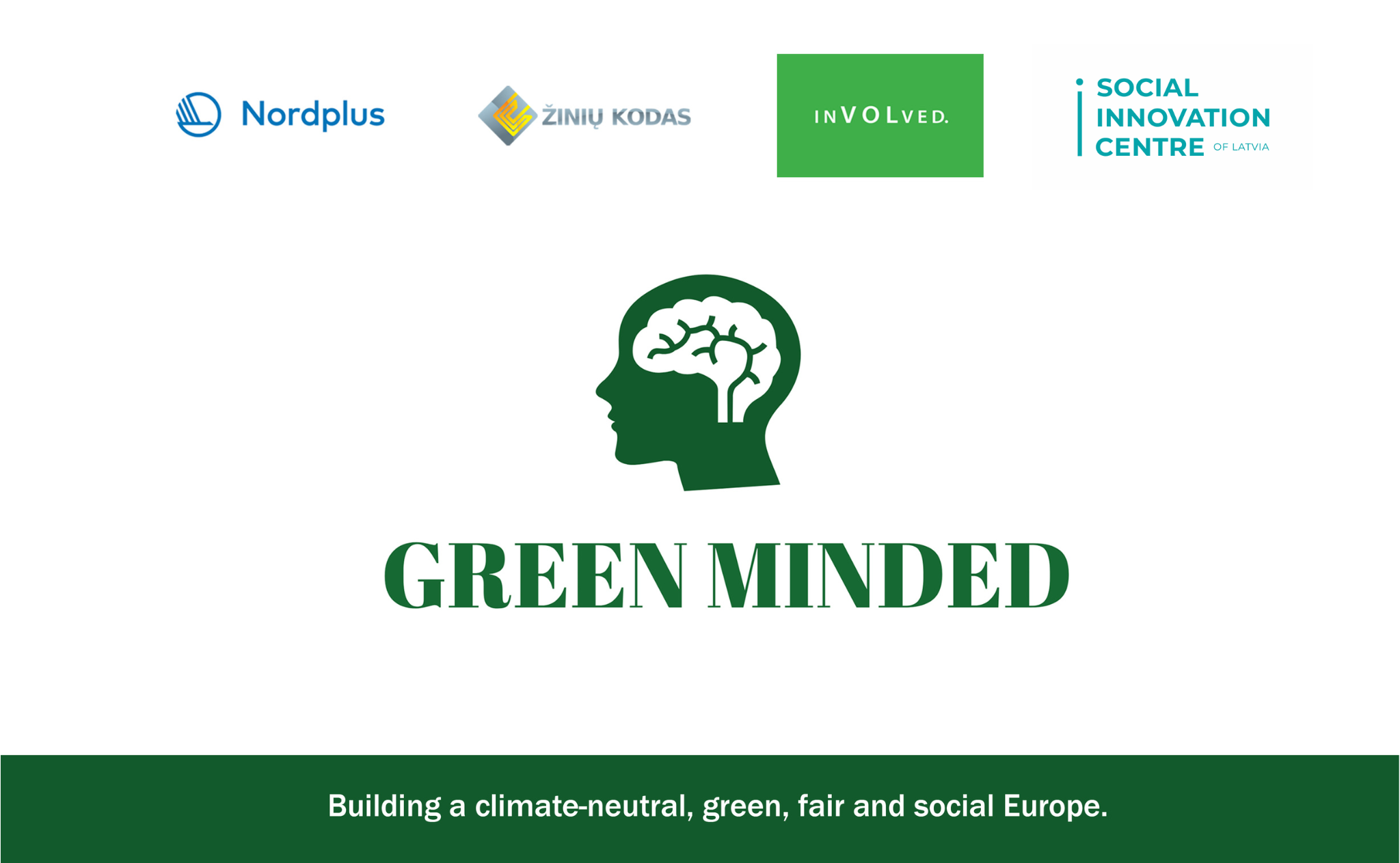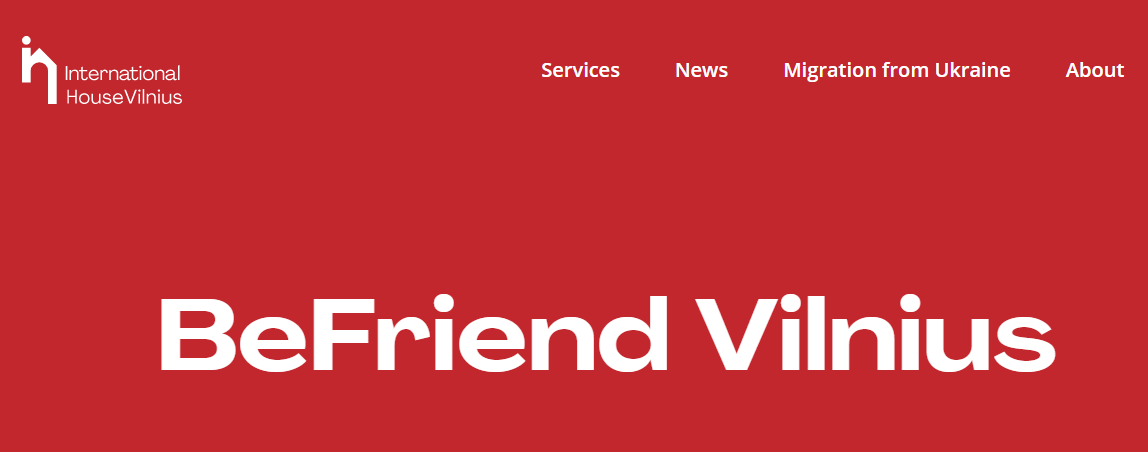Entrepreneurship of people excluded in the transformation process
In the program scope of incubators in Poland, initiatives focusing on entrepreneurship of socially excluded people are most often absent. This situation was conditioned by the processes of economic and social transformation in which snowballing unemployment required the creation of dedicated aid programs. Large groups of people were dependent on a state employer and did not have the skills of an entrepreneurial approach to overcoming social exclusion. Another large group of socially excluded were the disabled people that had an extremely difficult access to the labor market. Large support programs were launched, neglecting the creation of institutions and instruments to stimulate self-resourcefulness. It was particularly visible in the countryside adjusting from farming in state-owned farms into the free-market rules.
Polish entrepreneurship has slightly different features than it is usually in Europe. It is the result of the transformation from socialism to liberal democracy. Selected entrepreneurship indicators in Poland and in Europe 2018 differ, for example among the motives for entrepreneurship a good career path is mentioned significantly mor often in Poland (86% in Poland and 61% in Europe – report of the Global Entrepreneurship Monitor Poland 2019). Another difference in the entrepreneurial culture is the much higher share of people who set up a company due to the lack of other job opportunities (in Poland, declared 8%, and in Europe 18% – according to the GEM research cited above). These sociological features contribute to the fact that in Polish initiatives and activities of incubators, the dominant emphasis has been put on the technologically innovative direction of development. In general terms, the goal of the incubators’ activity is to help in creating and to assist in the first period of operation of a new company. The main forms and development directions of these incubators are: technology transfer centers, seed capital funds, business angel networks, local and regional loan funds, loan guarantee funds, training and consulting centers. The world of innovative business, which was located in technology parks, start-ups, and business incubators, was strongly associated with the economic career path of people with great creativity and ambition potential. Whereas the trend of socially innovative forms of stimulating entrepreneurship of people with disabilities was located in centers financed from public funds.
In order to show initiatives stimulating entrepreneurship of excluded people, the following forms can be mentioned:
- Entrepreneurship incubation activities are most often located within a network of public institutions. Usually, those are institutions with the characteristics of incubators created by large local governments that cooperate with specialized non-governmental organizations. Social Economy Support Centers, that are located in all voivodeships, are the strongest institutionalized form of such activities.
- The activities of entities supporting entrepreneurship of socially excluded people (the disabled and the unemployed), are financed from three basic sources: state budget funds directed at social assistance; from EU funds directed at specific projects; and from local government funds.
INSTITUTIONAL INITIATIVES SUPPORTING ENTREPRENEURSHIP IN POLAND
State Fund for the Rehabilitation of the Disabled
Supporting the employment of people with disabilities involves large public funds, which are directed, among others, to: reducing the costs of employment of people with disabilities (co-financing the remuneration of people with disabilities, refunding social security contributions for the company owner); co-financing of insurance fees for those who start their own business; adapting jobs for people with disabilities; help for disabled people who start a business or agricultural activity. 2/3 of the fund’s resources were allocated to employment support, i.e. approximately $ 900 million in 2018.
Social economy support centers (OWES)
There is a system of 62 centers in Poland that operate for the benefit of the social economy and have considerable public funds at their disposal. The centers running these units are most often NGOs or foundations established by local governments. The centers operate through animators and trainers who support the process of creating social cooperatives that have favorable and even preferential legal regulations and get financial support from public funds. OWES’s priority is supporting employment within the program “From exclusion to activation. A program to help socially and professionally excluded people.” This program creates procedures for adjusting the offer of professional reintegration to the needs of employers operating on the local labor market, including in particular social economy entities such as social cooperatives, foundations and non-profit companies. An important element of OWES activity is strengthening of cooperation between social employment entities and employers, especially social cooperatives and social economy entities, thanks to which participants will be able to smoothly move from classes in Social Integration Centers to employment.
A very important methodological aspect of entrepreneurship incubation of socially excluded people are OWES’ specialists working to support those in need. There are three types of advisors:
- a) Animators – their task is to identify excluded persons interested in taking up a job. In cooperation with a given local government, it organizes preliminary talks inventorying the resources and expectations of those interested in a given environment. It creates a context and knowledge about the environment in which a right support path needs to be created’
- b) Key advisers – their task is moderation in the field of legal and business problems and identification of industry problems that require additional support;
- c) Industry advisors – their task – being a specialist in a given industry in which a group of excluded people wants to operate – is to analyze technological and market problems of a given industry. Figuratively speaking, the adviser must set the excluded in the realities of the industry.
The OWES system operates based on the entire network of cooperating institutions, which aims to map the path of professional activation of the socially excluded. The basis of this network are the following institutions:
- The Center for Social Integration that is focused on building up the potential of economic activity and independence of participants and includes, for example: production of leaflets, posters in a printing workshop; repair services for residents, working in a garbage sorting plant.
2. Professional activity center, that is an institution financed from public funds and employing people with disabilities who have been diagnosed with a significant and moderate degree of disability. For example, it carries out the activities of carpentry and wicker, paper and bookbinding, sewing and weaving.
3. Occupational Therapy Workshop operates in the environment of handicapped people. This economic activity exceeds the forms of ordinary therapy and produces products and services that are commercialized. It occurs, for example, in such forms as: production of handmade paper, stationery, occasional paper, postcards, invitations, etc .; production of brewed and cast stearin – various types of decorated candles; tailor production – shopping bags, gift bags, patchwork tapestries, pillows;
4. Municipal Social Assistance Center – is a systemic institution of social assistance of local government that has an important instrument that can affect the improvement of professional competence and employment. The path to this is an individualized contract, a support contract concluded by a social worker with a person applying for assistance, specifying the rights and obligations of the parties to the contract, as part of jointly undertaken actions aimed at overcoming the difficult life situation of a person or family and to counteract social exclusion (art. 6 point 6 of the Act on social assistance). According to OWES experts, the key problem of cooperation between these institutions is having a leader, who does not have to be a socially excluded person, but a social animator usually operating in associations and foundations, who undertakes, using OWES’ support, to launch a business initiative in the form of a social cooperative, a foundation, or a non-profit company.
Text by: dr hab. Witold Toczyski, BISER vice-president www.biser.org.pl
Project Social entrepreneurship development in the Baltic Sea region SEBS2 is executed under the Erasmus+ program and co-financed by the European Union.
Responsible for the content solely publisher/presenter; it does not reflect the views of the European Commission or any related financial body. Those institutions do not bear responsibility for the information set out in this website.
















Leave A Comment